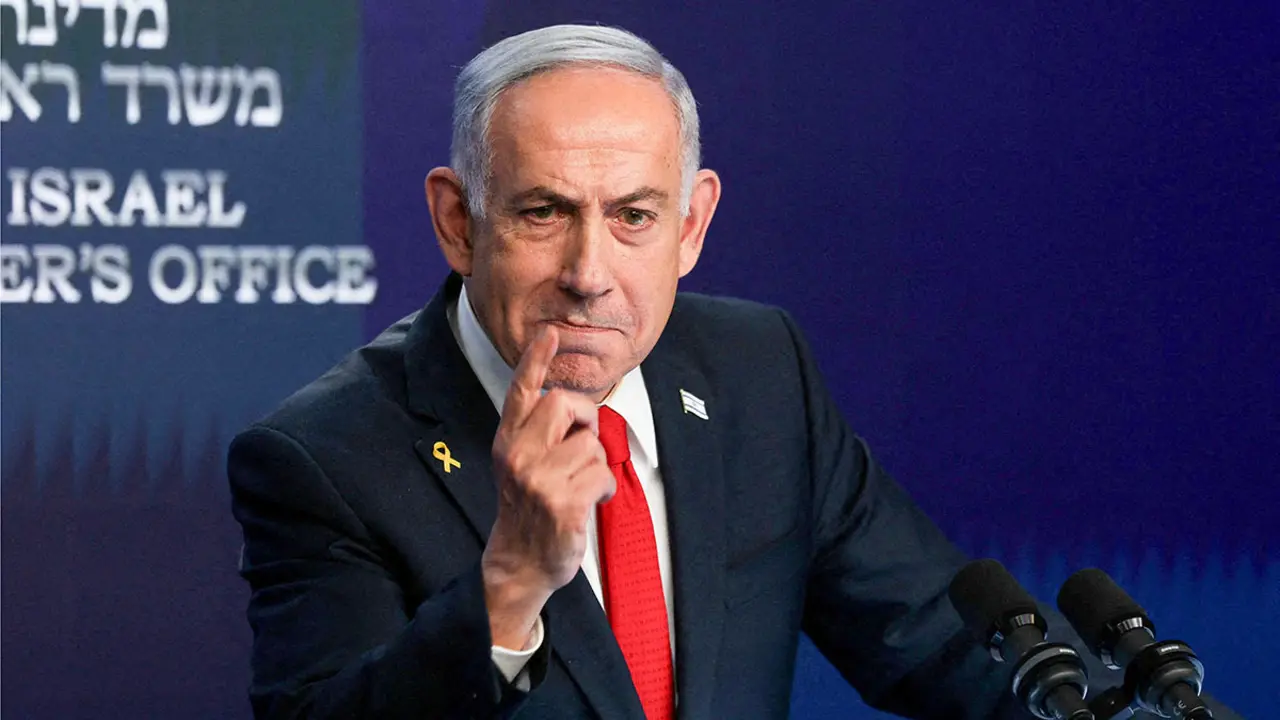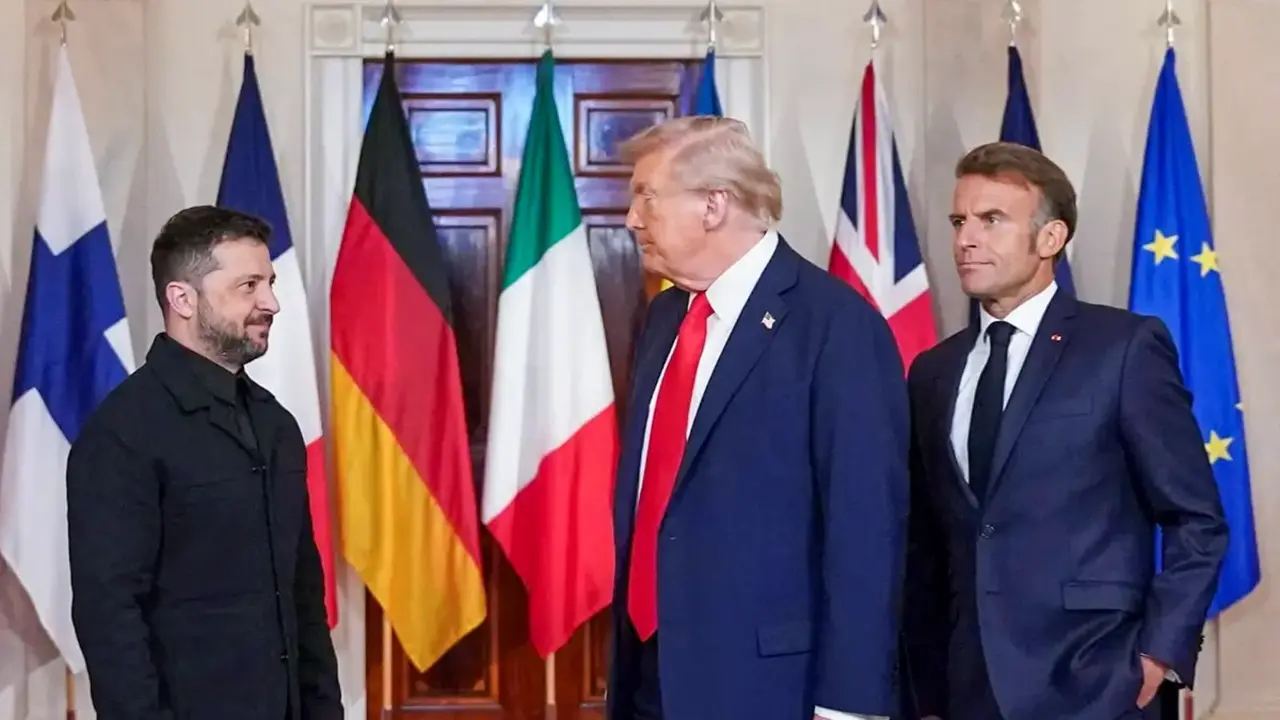Morocco-Algeria rivalry: dusting off the roots of a historical dispute
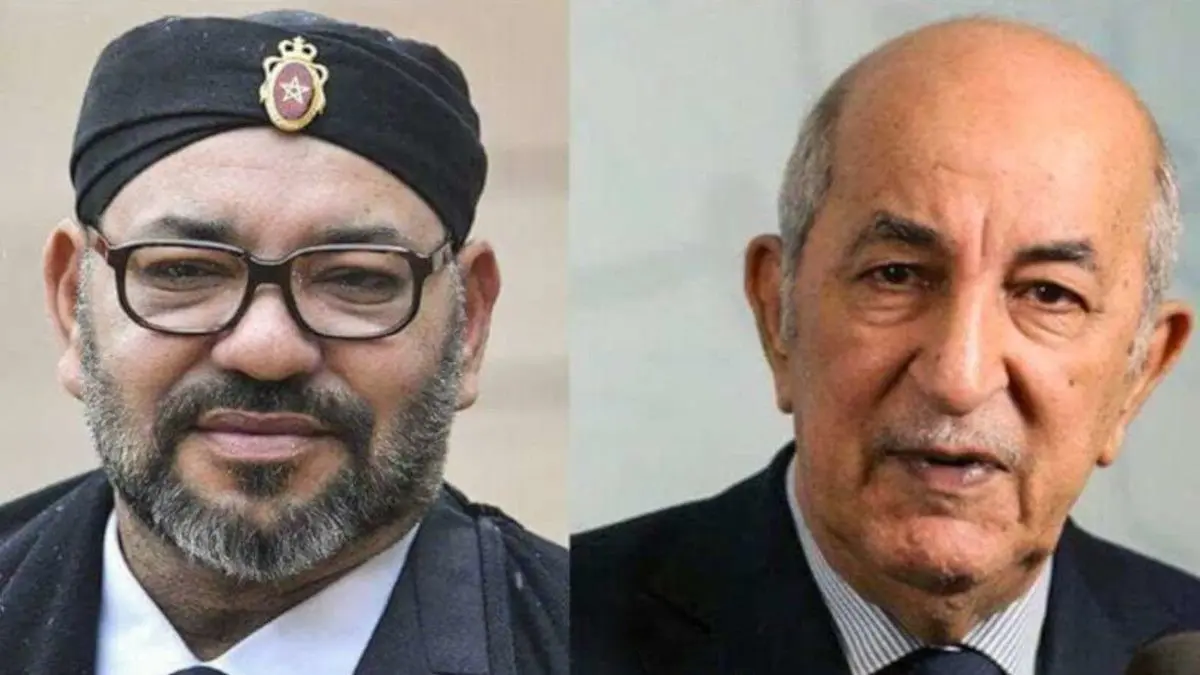
The new declarations of the director of the Royal Moroccan Archives, Bahija Simou, are not casual. Neither in time nor in form. Morocco has long maintained that France "extirpated" the Eastern Sahara region from Moroccan territory to give it to Algeria. Now, with rumours of France's possible recognition of Moroccan sovereignty over the Sahara, the spotlight is once again on a historical event that could seek to put pressure on the French authorities.
- Pressure on France to speed up recognition of the Moroccan Sahara
- Taking advantage of Algeria's weakness
- The historical roots of the Eastern Sahara
- The real archives that provide "irrefutable proof" of Morocco's historical sovereignty over Western Sahara
Pressure on France to speed up recognition of the Moroccan Sahara
In recent months, rumours have increased about the possibility of France recognising the Moroccan Sahara. Rumours have not yet become a reality, which is why Rabat has taken a step forward and recalled the origins of the dispute between the country and Algeria.
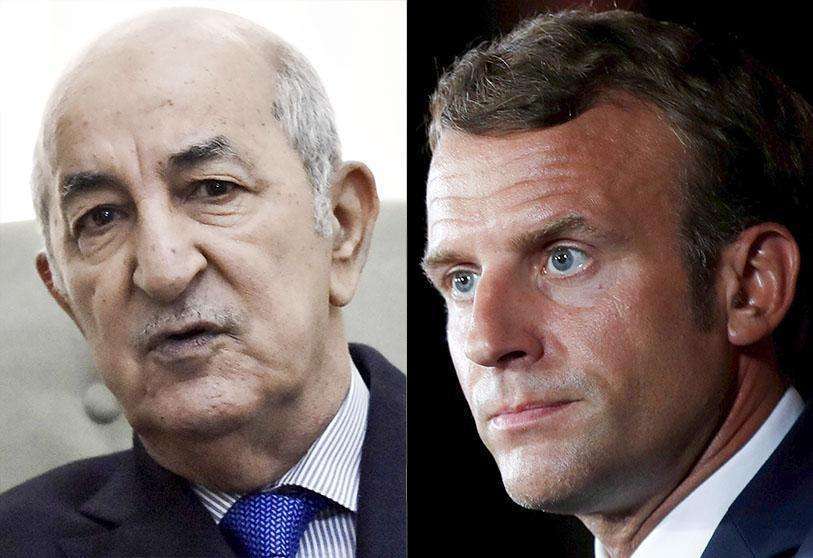
They hope that France, one of their closest allies historically, will take the definitive step, despite having gone through a deep patch in their relations in recent years. This would be a key boost for Moroccan authority over the Saharawi region, after having the support of countries such as the United States, Germany and Spain, among others.
The addition of the colonial power par excellence, which played a key role in the division of the territories - as Simou has reminded us - would be the definitive blow to Algeria's expansionist aspirations, which still dream of wresting land from its Moroccan neighbour. And they want to do so by taking advantage of the bad moment in diplomatic ties between Paris and Algiers, which is not at its best in terms of foreign policy either.
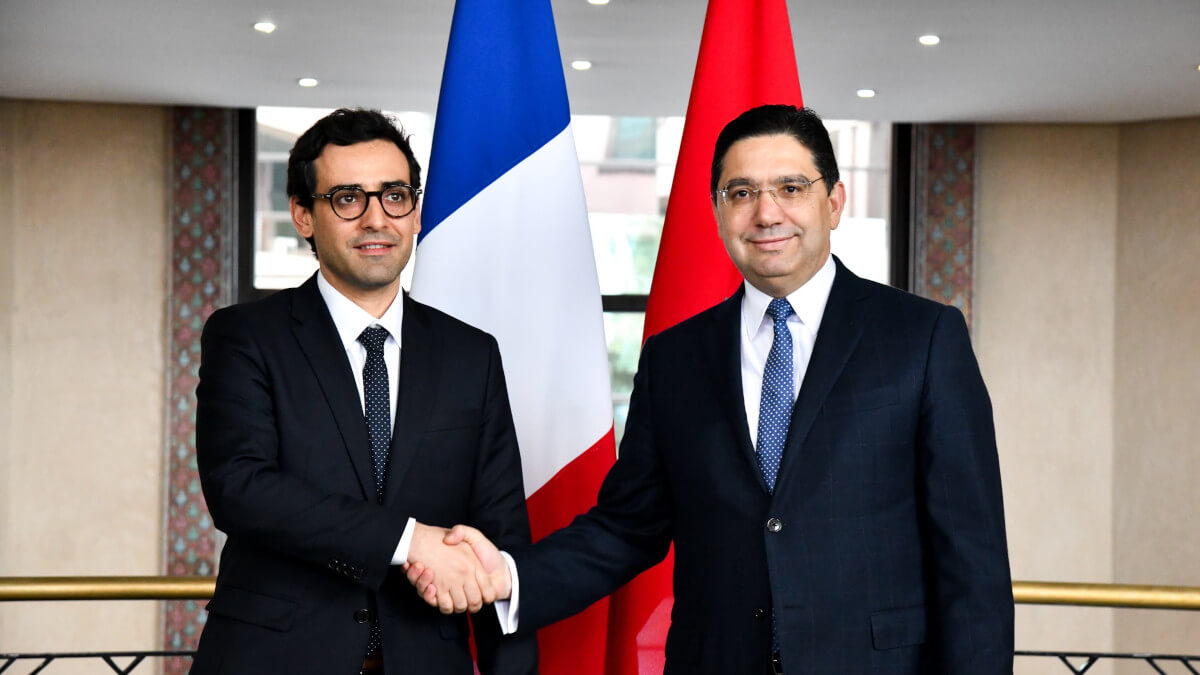
Taking advantage of Algeria's weakness
Morocco wants to take advantage of the favourable wind blowing over North Africa to consolidate its leadership and leave Algeria's rivalry behind. Not even the attempts to restore relations between the French and Algerian leaders serve to hide a rift that has not yet been bridged between the two countries, as evidenced by the constant 'misunderstandings' between Emmanuel Macron and Abdelmajdid Tebboune.
Tebboune was expected to visit Paris in May 2023, but, to no one's surprise, it was postponed. In reality, however, the sine die postponement turned out to be more of a cancellation. Now, Macron is once again inviting his Algerian counterpart to France so that, a year later than planned, he can finally visit his country, although nothing seems to be guaranteed when it comes to Algeria.
It is precisely this uncertainty, coupled with the increasingly restored relations between Rabat and Paris, that is inviting Aziz Akhannouch's government to increase pressure on France to speed up a process that would mark a turning point for his country. To bring this recognition closer, the Moroccans have chosen to turn to the historical archive and mention France's "extirpation" of part of the Sahara.
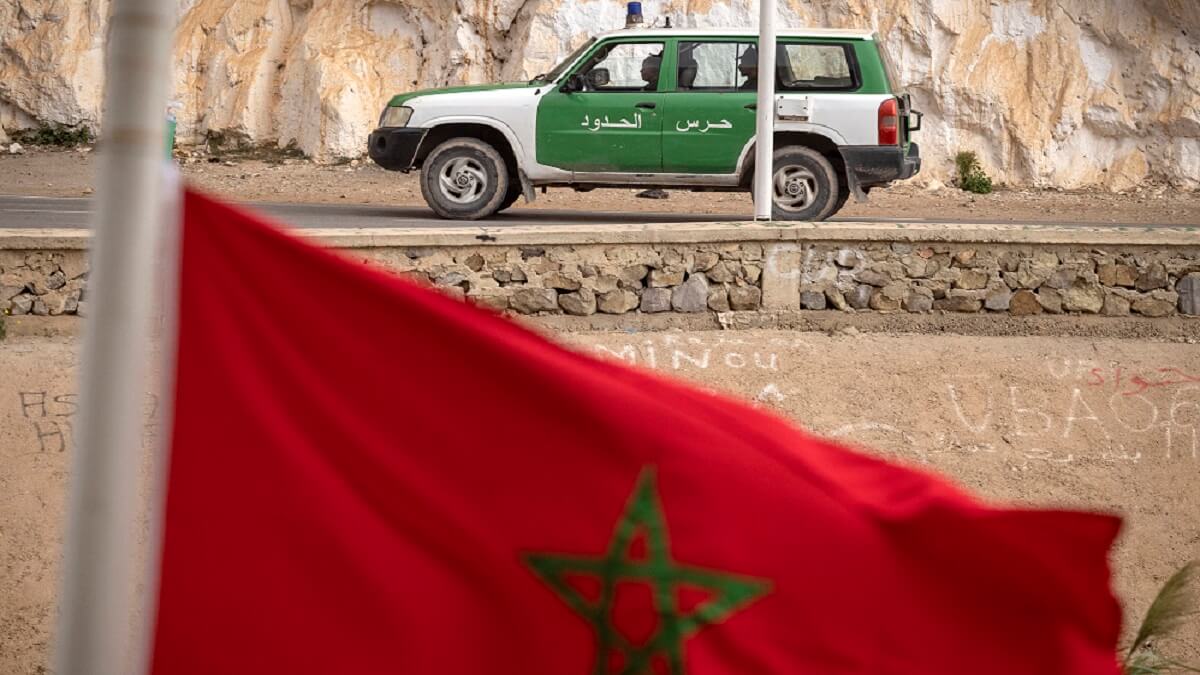
The historical roots of the Eastern Sahara
After Moroccan independence, France tried to negotiate this issue through the then French ambassador in Rabat, Alexandre Parodi. At the time, Paris intended to return Tindouf to the Moroccans, but King Mohammed V rejected the proposal, believing it would "betray the Algerian fighters", according to Bahija Simou.
He thus preferred to wait for Algerian independence to negotiate the division of the territory, which, says the director of the Royal Moroccan Archives, "reflects Morocco's historical commitment to the noble principles of neighbourliness, Islamic brotherhood and fraternal ties between the Moroccan and Algerian tribes". It was in 1961 that King Hassan II signed an agreement with Ferhat Abbas, head of the Provisional Government of the Algerian Republic, recognising the border problem.

However, the Sands War in 1963 finally put paid to all efforts to conclude a concrete agreement that would put an end to the skirmishes that were taking place at the time. Mediation by the Arab League and the Organisation of African Unity prevented the conflict from escalating, although, despite the 1972 treaty signed between Morocco and Algeria, the dispute was not finally resolved.
The real archives that provide "irrefutable proof" of Morocco's historical sovereignty over Western Sahara
But the reality, at least as revealed by Simou through the royal archives, is that there is "irrefutable proof" of Morocco's historical sovereignty over the Western Sahara region. These archives show that this region was very attractive and provoked rivalry between traders, as well as attracting a large number of explorers and missionaries.
All these factors explain a situation that has become increasingly complicated in recent years. And while this is not the first time Bahija Simou has raised this issue, the timing is crucial to the push for a change in France's position on the Sahara. It is now up to Emmanuel Macron's country to make a move and take the step that will end up certifying France's closeness to Morocco and Morocco's unmitigated leadership in North Africa.

